 ENVIRONMENTALISTS have piled pressure on Spain to better protect its Donaña National Park.
ENVIRONMENTALISTS have piled pressure on Spain to better protect its Donaña National Park.
Yesterday saw Greenpeace protesters block natural gas operations near the UNESCO World Heritage Site, which is home to more than 4,000 species of vulnerable animals.
WWF have since made an appeal for the protected wetlands in Sevilla.
“Donaña is in very serious danger,” said Juan Carlos del Olmo, head of WWF Spain.
“We don’t want it to be put on the list of endangered sites, but soon there won’t be any other option.”
 Despite the Spanish government insisting that the area is protected, environmental groups say the activities surrounding the park are draining it of its fundamental water supply.
Despite the Spanish government insisting that the area is protected, environmental groups say the activities surrounding the park are draining it of its fundamental water supply.
WWF says the wetlands now only receive a fifth of the water they need, in part due to illegal farming nearby.
They also say nearby mining, gas and dredging activities are causing further damage.
Utility company Gas Natural Fenosa, who has been given permission to use depleted natural gas reservoirs as underground storage sites, has been building pipelines in the fragile area.
Activists marched on the site on Tuesday, blocking the company’s lorries to prevent further pipeline construction.
Gas Natural Fenosa said: “We have worked near Donaña for close to 30 years with the utmost care for the surroundings.”
Click here to read more News from The Olive Press.

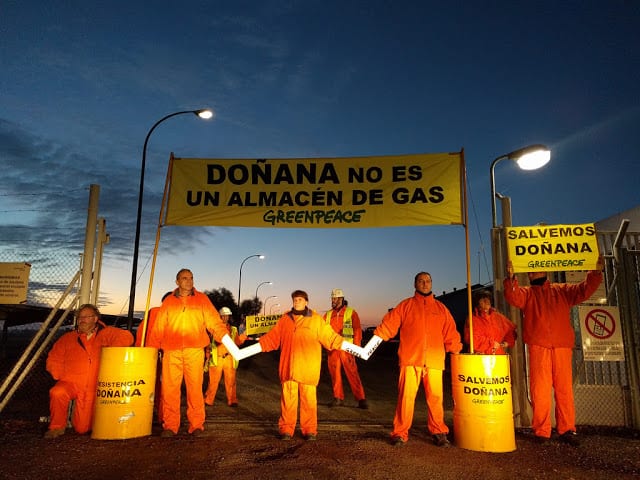
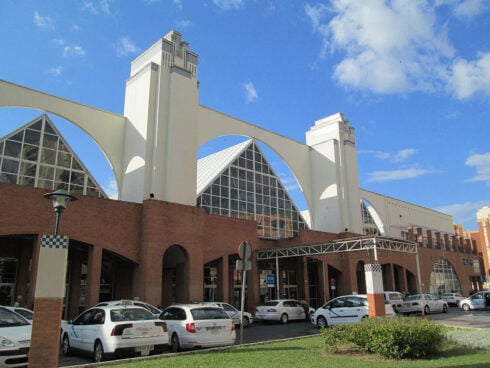
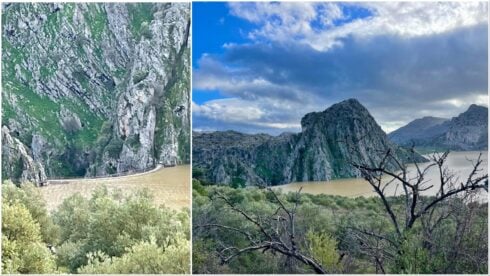


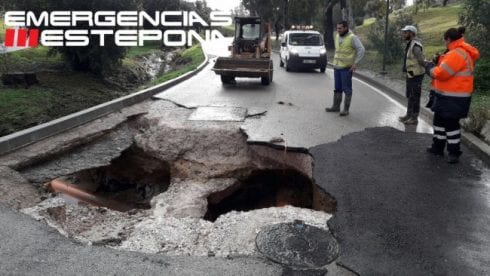
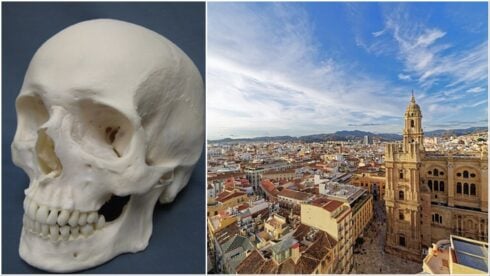

“We have worked near Donaña for close to 30 years with the utmost care for the surroundings.”
Oxymoron of the month award. Donaña could end up being to Spain what the Great Barrier Reef disaster was for Australia.
We all are invited to refuse buying strawberries from the Huelva province (Palos de la Frontera) that use to be sold by all stores in the UK and Germany between February and May. Only such a massive consumer action will be able to change the mindset of the Junta de Andalucia and the strawberry farmers with regard to La Doñana. A additional presentation inside the stores of pictures from the Huelva petro industry nearby Palos will help to generate disgust of the consumers about strawberries being contaminated by the Huelva petrol industry pollution.
Appreciate your point Wolfgang. But how would the consumers you mention, be able to differentiate the Donana fruit from other Spanish products? The labels only state “grown in Spain”.
Perhaps it would be unfair to boycott ALL produce of that nature?
Before anyone jumps in, yes, the plastic plague IS a menace, but a different issue.
Stefanjo,
it is possible to differentiate. All Spanish strawberries in German shops are marked as being from Huelva or Palos. They are only offered as long as our German strawberries are not ready, which is normally the case in May.
Should have expected that Germanic attention to detail concerning sourcing Wolfgang. Admirable bit of shady sanctions on the strawberry front too.